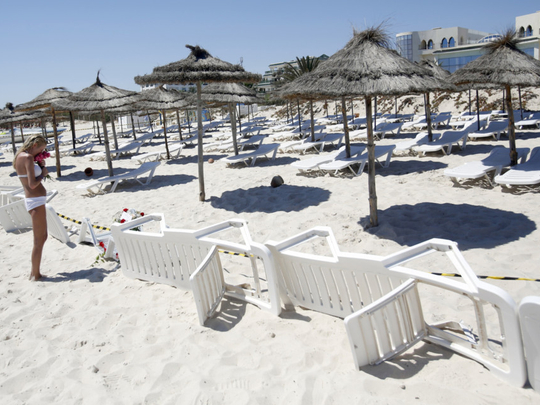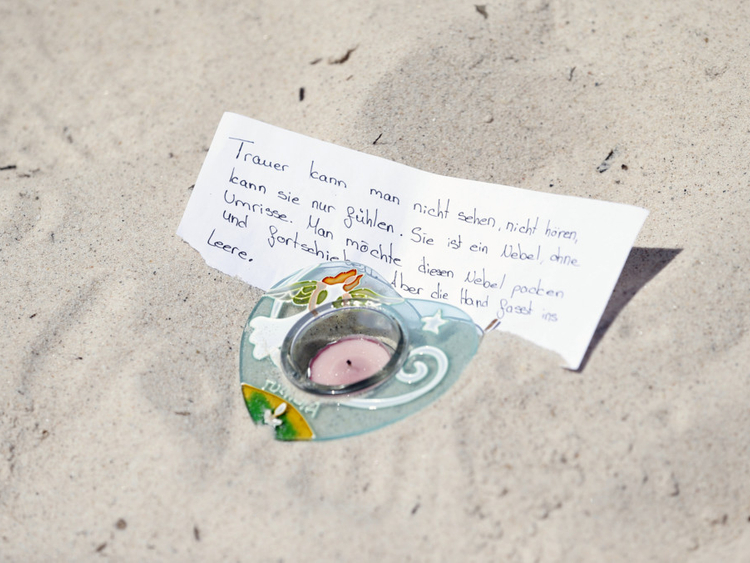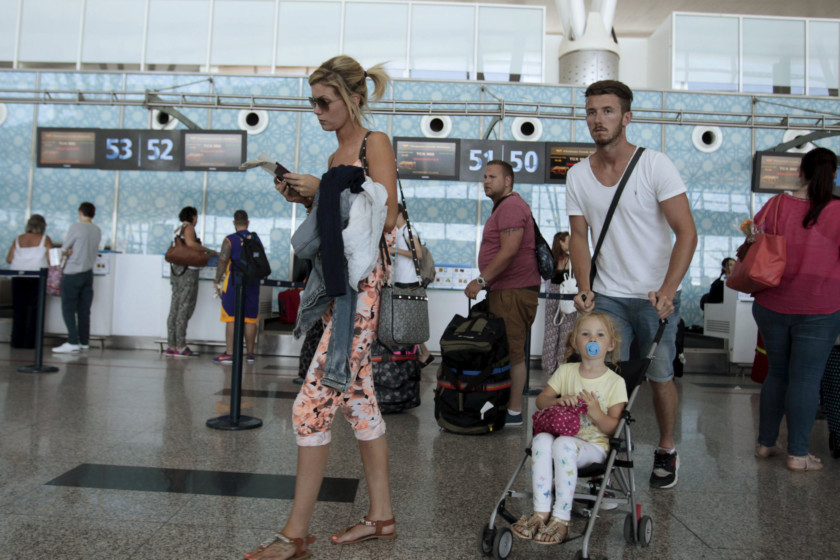
Cairo: As hundreds of frightened tourists fled Tunisia on Saturday, the North African country’s leaders announced stringent new security measures in response to a massacre at a popular Mediterranean resort that left at least 38 people dead, most of them foreign visitors.
The mass shooting on Friday in the coastal city of Sousse was the worst terror strike in the modern history of Tunisia, which had been considered an island of relative stability in an increasingly volatile region.
Within hours of the attack, diplomats, airlines and tour operators stepped in to provide bus transport from the stricken hotel and neighboring resorts to the nearest airport for flights out. More than a dozen evacuation flights took off overnight and at least 10 more were scheduled Saturday, the French news agency AFP reported. It said at least 2,500 foreign visitors expected to be repatriated by day’s end.
Daesh terrorists claimed responsibility for Friday’s assault, echoing a similar assertion made after a deadly attack in March on a landmark museum in the capital, Tunis -- though that claim was later called into question by Tunisian authorities, who blamed an Al Qaeda offshoot instead.
The museum attack left more than 20 people dead, and most of those victims, too, were European tourists.
Tunisian authorities stressed that motives and methods in Friday’s assault remained under investigation. The primary assailant, shot dead by security forces, was identified as a student who had been attending university in Kairouan, an inland city known for its piety.
In preparation for the attack, the gunman disguised himself as a beachgoer, in shorts and a T-shirt, and used a beach umbrella to conceal his Kalashnikov assault rifle. Terrified swimmers and sunbathers scattered as he raked the hotel beach and pool area with gunfire.
Heightened safety measures unveiled at an overnight news conference by Prime Minister Habib Al Sid included the mobilization of army reservists for deployment to tourist-heavy areas such as beach resorts and archaeological sites, and the planned shutdown of some 80 mosques operating outside official controls and accused of “spreading venom.”
The prime minister also hinted at the possibility of a broader crackdown on political parties and other entities acting “outside the constitution” -- a move that could prompt a backlash from Tunisia’s sizeable Islamist bloc.
Islamists won power at the polls following the country’s 2010-11 uprising, which set off a wave of pro-democracy revolts across the region. But after a disastrous run at ruling Tunisia, the Islamists later ceded power and agreed to work in cooperation with a secular-minded administration.
Still reeling from the March museum attack, Tunisia now faces a heavy new blow to its tourist trade, a mainstay of the faltering economy. Economic discontent was a driving force behind the uprising against longtime dictator Zine Abidine Bin Ali that erupted nearly five years ago, and chronic joblessness among young men is viewed as heightening the lure of Islamic extremism.
Tunisia has been the source of thousands of Daesh recruits for the battlefield in Syria, and authorities fear their return home could have a deeply destabilizing effect. Chaos in neighboring Libya has also rattled Tunisia; the museum attackers were reported to have received training there.
A precise casualty breakdown from Friday’s attack had not yet been compiled, but the dead and injured included at least half a dozen nationalities, Tunisian officials said, with Britons thought to make up the largest share. Sousse is a popular package-vacation destination for British travelers.














